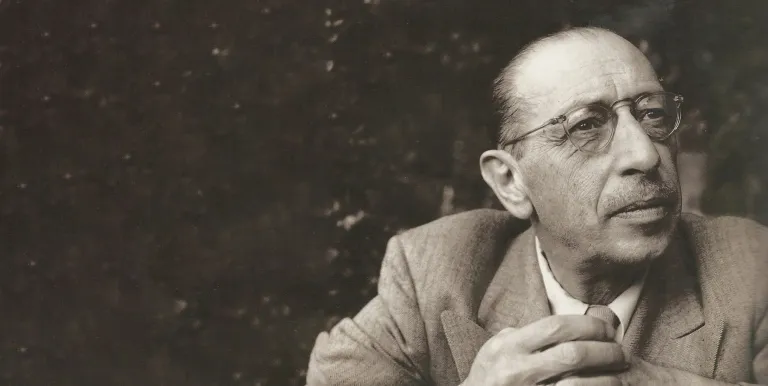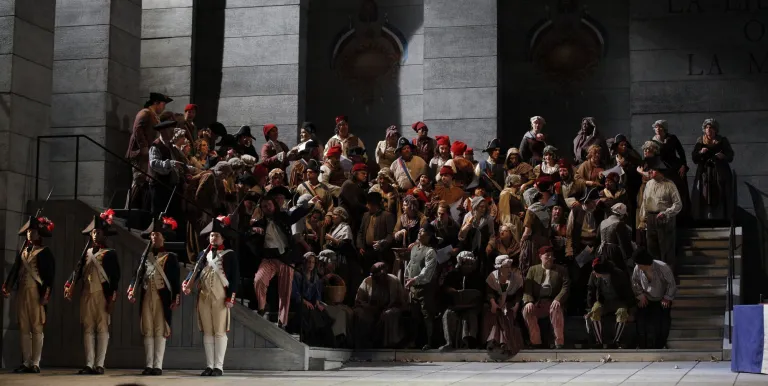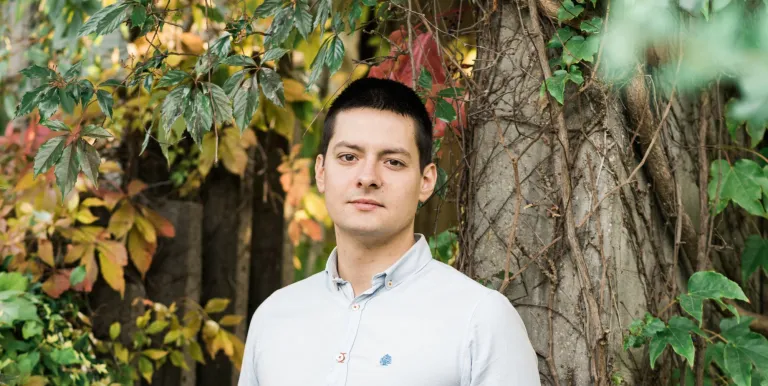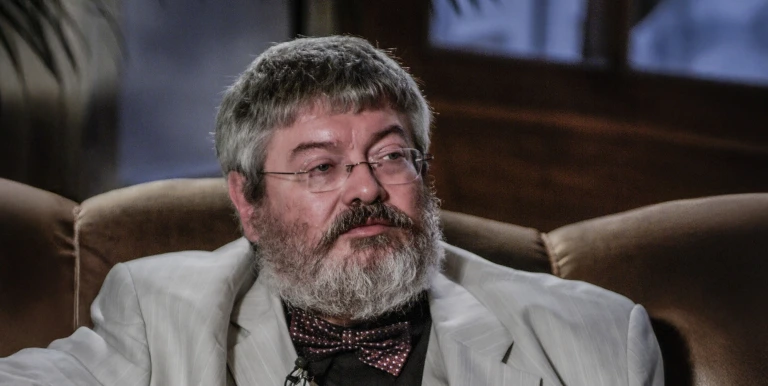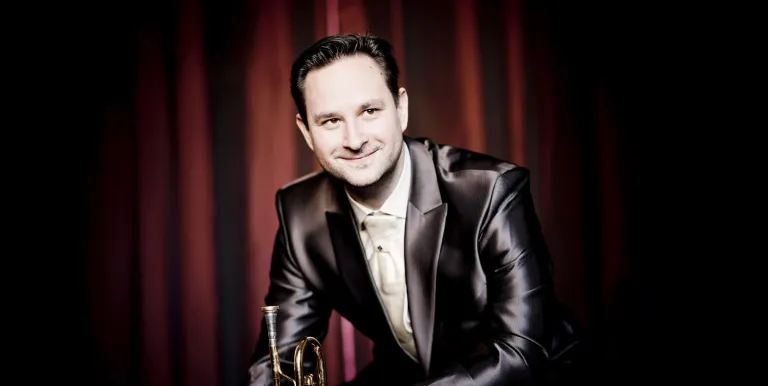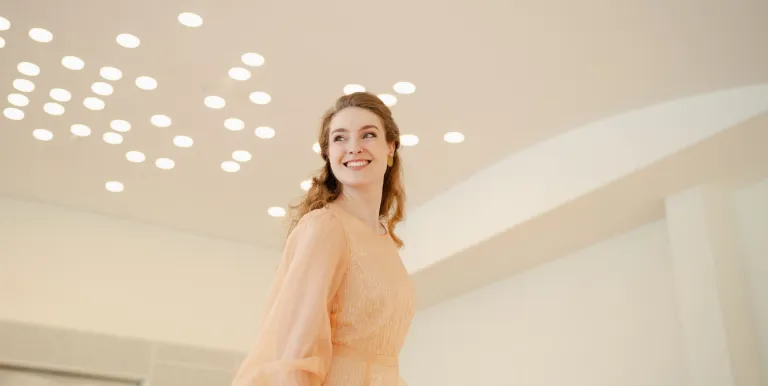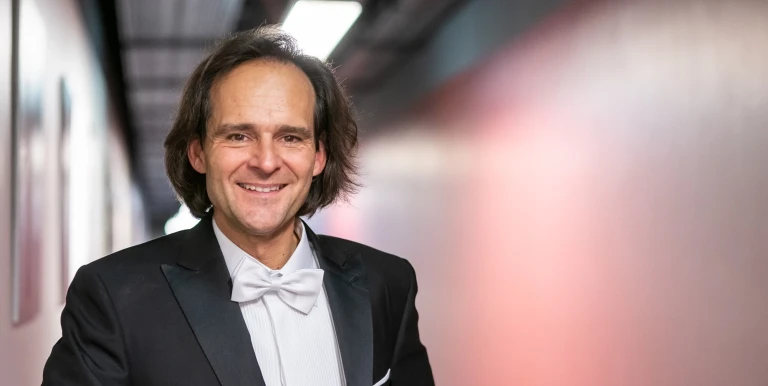Conductor:
Featuring:
Stravinsky
Capriccio
Stravinsky
Symphony of Psalms
We would like, even during this extraordinary situation, for the Müpa Budapest audience to still be able to encounter the world's most outstanding and thrilling artists each evening - this time in their own homes. It is precisely for this reason that we will open Müpa Budapest's virtual concert hall and auditoriums - each night at the familiar times - by providing access to a single unforgettable performance from past years.
The performance will be broadcasted on our website and YouTube channel.
The Capriccio for piano and orchestra was composed by Stravinsky between 1926 and 1929. The piece was revised in 1949. Like the Piano Concerto with wind accompaniment, Stravinsky composed this virtuoso piece to make a living when he was forced to emigrate to Western Europe after the Russian revolution. In the Capriccio, the composer continues the easy-going tone of the concluding movement of the Piano Concerto. The whole idea of the piece emanated from its last movement (Allegro capriccioso). Stravinsky's preceding work was The Fairy's Kiss, comprising of arrangements from Tchaikovsky's music, and this gave him the idea to compose a work resembling the wit and charm typical of Tchaikovsky but without actual quotations of his melodies. The brilliant Rondo fully carries out this concept; virtuoso and dance elements appear with refined neo-classical ‘seasoning'. The end of the piece comes unexpectedly, like the punchline of a joke. The premiere, conducted by Ernest Ansermet, took place at the Salle Pleyel in Paris in December 1929. The piano part was performed by the composer himself. From the 1930's on, the virtuoso piano part was often played by the composer's son, Soulima Stravinsky, with Igor Stravinsky conducting.
'The commission of the Symphony of Psalms began with the usual request from the publisher, asking me to write something popular. I obliged - though not the way the publisher had imagined, - accommodating the comprehension of the audience - but in the sense of 'creating something that is universally admired” (although another, similarly serious reason was my ambition to outdo so many composers who had been using these majestic verses as a hook to hang their own lyrical, sentimental feelings on)”, said Stravinsky to Robert Craft about the antecedents of the Symphony of Psalms.
The three-movement work for chorus and orchestra was written to celebrate the 50th anniversary of the Boston Symphony Orchestra in 1930. The world premiere, though, wasn't given in Boston but in Brussels, under the baton of Ernest Ansermet, in December 1930. The jubilee performance in Boston took place a week later, led by Serge Koussevitzky. 'The juxtaposition of the three psalms is not accidental,” writes Stravinsky. 'The sinner's prayer for God's mercy (Prelude), thanksgiving for the mercy granted (double fugue) and the song of praise all serve the gradually unfolding plan of the work. The music, animating the texts, unfolds obeying its own symphonic regulations. The three movements are in periodical order and form a 'symphony” in this sense of the word, as opposed to the unsystematic set of movements of a suite.”
This recording was made at the concert held at Müpa Budapest on 7 February 2015.
Presented by: Müpa Budapest

